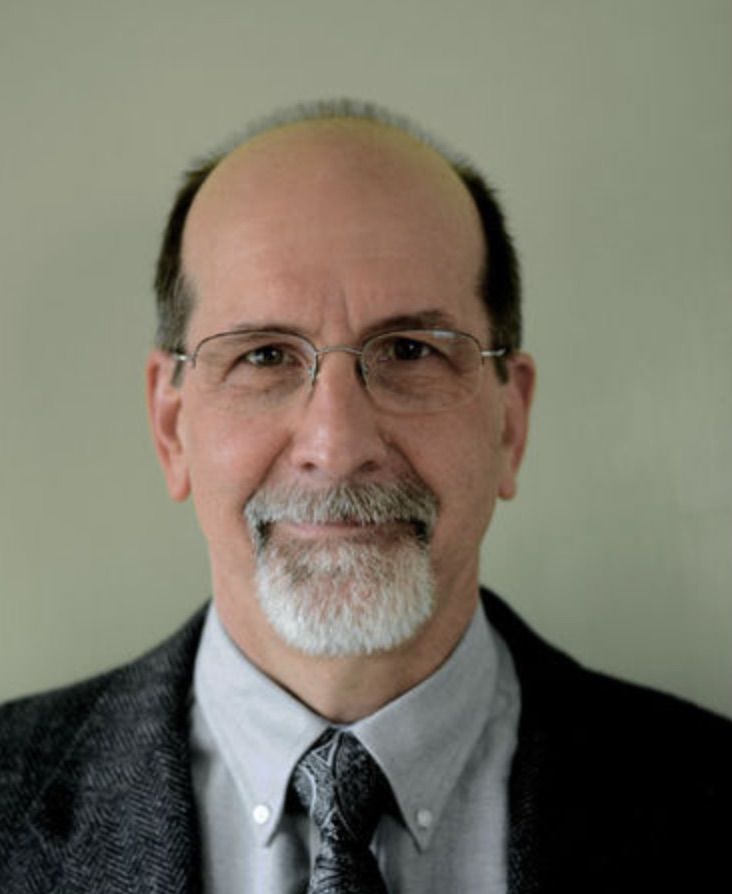Humanities help people learn basic skills and cognition
Mark Bracher, the director of the Neurocognitive Research Program for the Advancement of the Humanities.
April 29, 2019
The study of humanities can help people develop skills and cognition for their personal well-being and their social responsibilities.
“The main thing we focus on is research that explores and demonstrates the unique contributions the humanities can make to learning,” said Mark Bracher, director of the Neurocognitive Research Program for the Advancement of the Humanities. “Engagement with the humanities can exercise certain cognitive capabilities and through that exercise, develop them in ways that other disciplines can’t.”
Humanities teach people the difference between “knowing that” and “knowing how.” For example, a person learns scientific facts when they take a science course, such as physics, biology or chemistry. They also learn how to use science and apply it to theories. The humanities took the role of finding literary meanings, Bracher said.
“Unlike the sciences, the benefits from the humanities occur primarily when individual people engage them in one way,” Bracher said. “That is, engage in reading historical and philosophical text, or writing. It is the activity of engaging them that can develop certain cognitive capabilities that are for personal well-being and for a socially acceptable responsibility in society.”
Humanities can train people how to understand themselves, understand other people and understand complex social dynamics. People learn throughout life, starting from before they are even born.
William Merriman, a professor in the department of psychology, specializes in children’s language, memory and thought. Merriman and other researchers do research on children’s strategies to learn at the Child Language and Cognition Lab. The lab also looks at metacognition, or reflective cognition.
“Metacognition is when you’re thinking about your own thinking, or reflective knowledge,” he said. “We’re seeing it in three year olds and four year olds with learning tasks and with basic metacognitive capabilities.”
Studies found that children learn things before birth, including the mother’s voice and the language, Merriman said.
“The ability to learn is present at birth but it improves throughout childhood and into adulthood,” he said. “Parents play a huge role in teaching children things. You can learn much more quickly and thoroughly if you have someone structuring the tasks for you with teachable moments.”
A child playing with a picture book can figure things out but they will figure it out more quickly with someone showing them, Merriman said.
Carrie Whalen covers social sciences. Contact her at [email protected].












